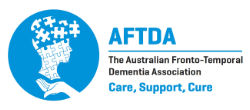
Chairman
Garry Holloway
Garry cared for his wife Drena who was diagnosed with a semantic variant of FTD in 2009 and passed away in 2021. Garry is committed to the belief that carer support groups are beneficial for carers and will ultimately save the community money and resources by reducing the need for medical contact and support.
He is a jeweller and diamond expert with two suburban Melbourne stores. He originally graduated as a geologist and is actively involved in diamond cut research with a team of leading scientists and engineers from Russia and India. Garry’s experience on boards has mainly been with the gem and jewellery industry in Australia and overseas.
Garry was one of the early and founding participants in the first carer support group in Melbourne established by Dr. Tracey Wardill. He assisted in negotiations with Alzheimers Australia (AA) taking over the running of AFTDA’s carer groups. These negotiations led to the name change from AA to Dementia Australia.
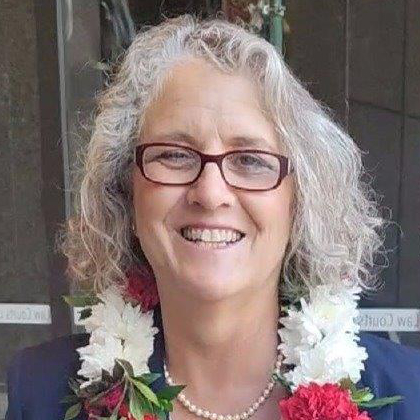
Board Members
Julane Bowen LLB, GDLP, BAPoliSci
Julane has over 30 years public sector experience, mainly with various Agencies and Not for Profits in NSW. Julane has held senior roles in organisational design and capability, corporate services, and service delivery. Julane also benefitted professionally from growing up in a commercially oriented family who owned and operated retail stores and restaurants.
Julane met her husband Jeff four decades ago while both were travelling in Europe. Jeff was a commercial pilot who travelled the world for a living. Over the years Julane was able to join Jeff on many trips, exploring the wonders of the world together. Sadly, when Jeff retired at 65 his heath deteriorated rapidly, two years later a diagnosis of FTD rocked all retirement plans. Julane experienced first-hand the difficulties of the unknown that is dementia. Diagnosis was slow and required constant advocacy to get the necessary tests required for answers. Legal problems became a daily occurrence, the most significant being the fight to get Jeff home to live out his days surrounded by family. Julane responded by returning to University and obtaining an Honours law degree where she hopes to help other families on the dementia journey navigate the Australian legal minefield.
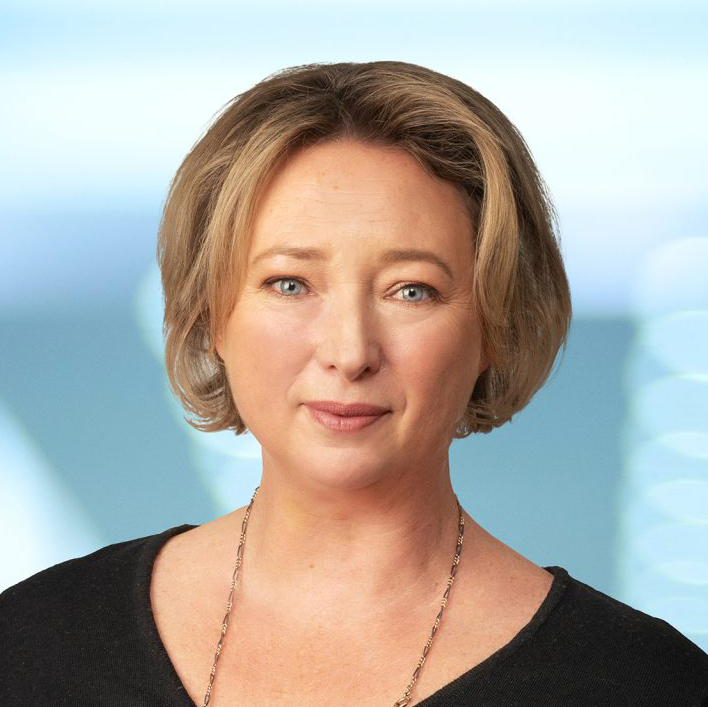
Dr Amy Brodtmann MBBS FRACP PhD FANZAN
Amy leads the Cognitive Health initiative at Monash University’s Central Clinical School and Cognitive Neurology Services and dementia trials at the Royal Melbourne Hospital and the Eastern Cognitive Disorders Clinic. Amy was a founding member of the Australian Frontotemporal Dementia Association with Garry and Tracey with Ian McRae, Elaine Black, and Melissa Kettle.
Her research focuses on improving the diagnostic odyssey for people with dementia and understanding vascular contributions to late-life brain health. Her vision is brain health for all: developing measures of brain health and identifying opportunities for brain health promotion.
She has received many awards and grants for her work in stroke and dementia and in 2022 was awarded the Mervyn Eadie Prize, the peak mid-career award for clinician researchers from the Australian and New Zealand Association of Neurologists.
She sits on the editorial boards of Neurology, Stroke and International Journal of Stroke and is on the Science Committee for the American Academy of Neurology Annual Meeting, the largest neurology organisation in the world. She is an Honorary Medical Advisor for Dementia Australia, was the inaugural President of the Australasian Cognitive Neurology Association, the inaugural Chair for the Australian Chapter of the Organization of Human Brain Mapping.
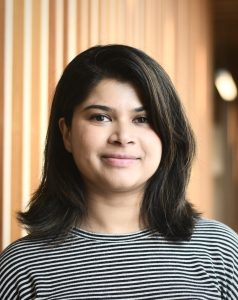
Mirelle D’Mello
Mirelle is a registered psychologist and has nearly 10 years of experience working with people with dementia including Frontotemporal dementia and Alzheimer’s disease. Mirelle is experienced in cognitive assessment, clinical trial management, and providing psychosocial support to patients and families affected by dementia. Mirelle is also part of the team at the FRONTIER Frontotemporal Dementia Research Clinic where she meets with carers and families of people affected by FTD and provides them with support. She is passionate and committed to educating and supporting families about FTD and the ways in which they can still maintain a good and meaningful life. Her goal is to work with and impact carers and families on an individual level.
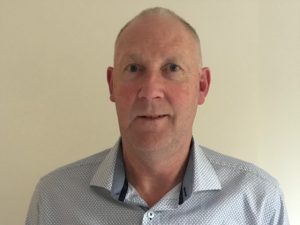
Scott Calvert
Scott cares for his wife Jane who has been diagnosed with brain damage affecting the frontal and temporal lobes, the diagnosis is still not completely defined.
He runs his own mobility aids and stairlift business in Hobart and has done this for over 7 years.
Prior to this Scott worked in private health insurance for a few years, but his main background is in banking and finance for over 32 years dealing in customer service through to senior management positions. Scott’s experience on boards has been at a childcare centre where his children were attending and on several sporting organisations, holding positions of secretary and president along the way.
He is involved in the FTD Carers Support Group in Hobart and is passionate about carers gaining more information and assistance about how to obtain care packages through either NDIS or My Aged Care to assist them.
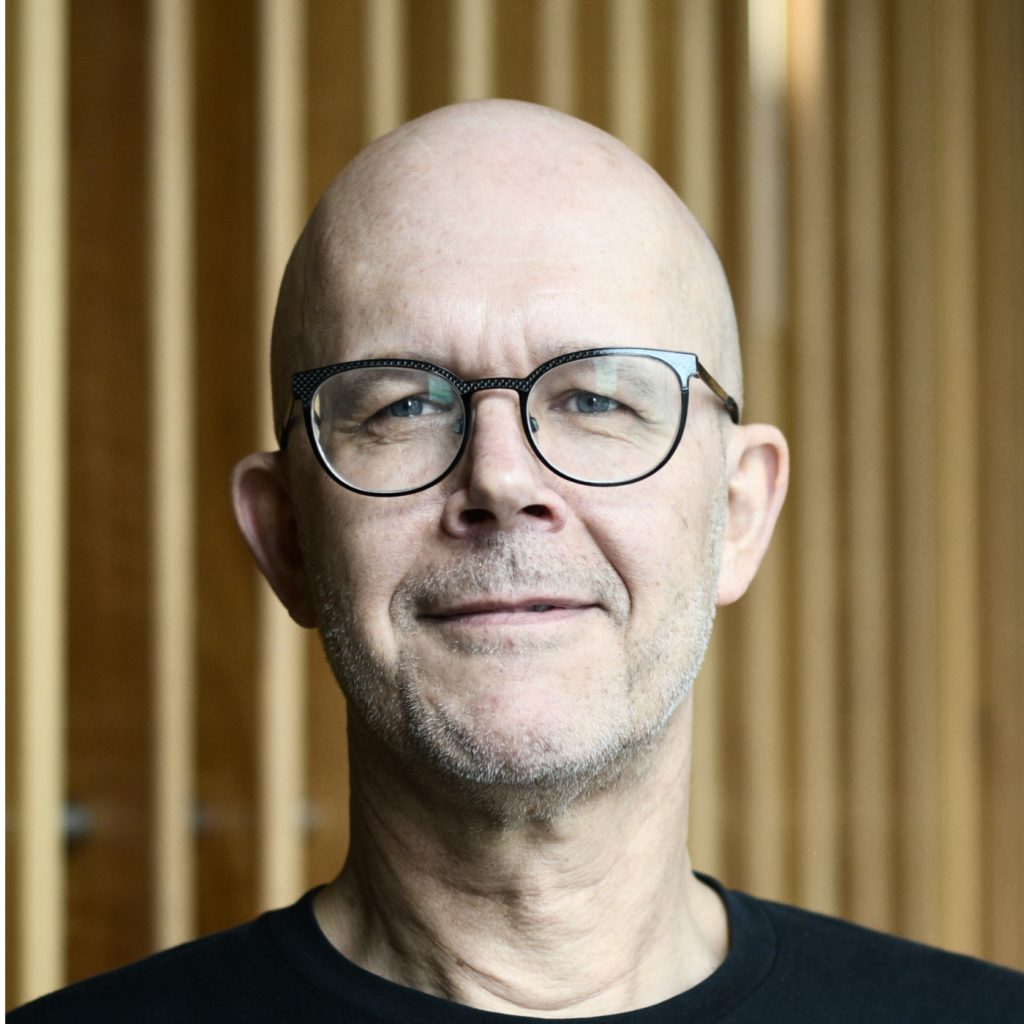
Olivier Piguet LicPsych MA(Clin Neuropsych) PhD MAPS FCCN
Olivier Piguet is Professor of Clinical Neuropsychology and NHMRC Leadership Fellow at the University of Sydney where he is the director of FRONTIER, the frontotemporal dementia clinical research group at the Brain and Mind Centre in Sydney, Australia. He is a registered clinical neuropsychologist with over 20 years clinical experience in the field of frontotemporal dementia and related conditions. Olivier trained in Geneva and Melbourne and completed his PhD at the University of Sydney, followed by a postdoctoral fellowship at the Massachusetts Institute of Technology. His research program investigates early clinical markers of frontotemporal dementia, prediction of disease progression and relations to biomarkers, genetics and brain pathology. He has published over 300 peer-reviewed journal articles on these topics, attracting >19,000 citations. Olivier is a founding member and President-Elect of the International Society for the Frontotemporal Dementias. He is current President of ASSBI, the Australasian Society for the Study of Brain Impairment.

Dr Tracey Wardill M.A. (Clinical Neuropsychology); PhD
Tracey has nearly 40 years experience as a clinical neuropsychologist. She is the Director of Neuropsychology Melbourne, a private practice which provides neuropsychology services to private patients and public health providers throughout Melbourne and regional Victoria. She has also worked extensively in the public health system.
Tracey has worked in all areas of adult neuropsychology and is experienced in the diagnosis of dementia. She has a particular interest in young onset dementia and has worked extensively with FTD patients and their families.
In 2008 Tracey was awarded a Churchill Fellowship to study frontotemporal dementia in the leading FTD clinics in the United States and England. As a result of her fellowship, she established the first support group for carers of people with frontotemporal dementia in Victoria in 2009. She co-facilitated this group until 2012. She went on to establish a FTD Carer Support Group in regional Victoria, co-facilitating the Gippsland support group from its inception in 2016 until 2024.
Tracey is actively involved in developing the “Carer Conversations”: FTD Carer Support Groups with Dementia Support Australia (DSA).
Tracey is also the Chair of World FTD United, an international group which supports FTD organisations throughout the world and works to raise awareness of this disease.
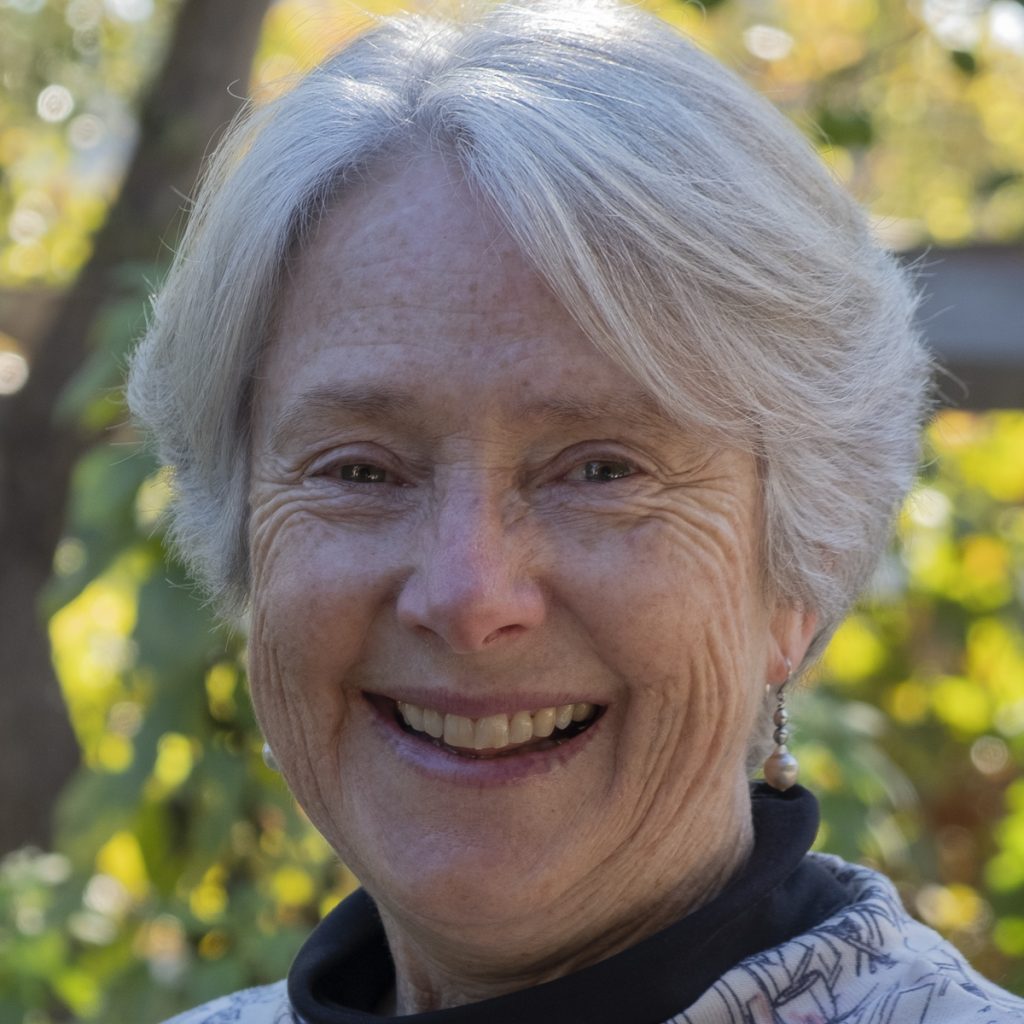
Margaret Beasley
Margaret is a retired clinical psychologist. She has worked in family counselling, child, and youth mental health, and has managed the University of Tasmania Counselling Service. She sailed the world for 15 years with her husband and worked as a clinical psychologist in New Zealand and Canada while she was away.
Margaret settled back in Tasmania and became interested in Frontotemporal Dementia when a close friend was diagnosed with FTD in her 60s.
She is now working with Dementia Support Australia (DSA) on a joint initiative between the Australian Frontotemporal Dementia Association (AFTDA) and DSA to develop “Carer Conversations”: FTD Carer Support Groups. These groups will run monthly around the nation.
Margaret previously facilitated a Tasmanian FTD Carer Support Group from its inception in 2017 until 2024. She worked for Dementia Australia for two years as the FTD co-ordinator. In this role she provided education to Dementia Australia staff, facilitated professional development meetings for support group coordinators and dealt directly with enquiries from people living with FTD and their families.
Margaret is also an executive committee member with World FTD United, where she is actively involved in raising awareness of FTD throughout the world.
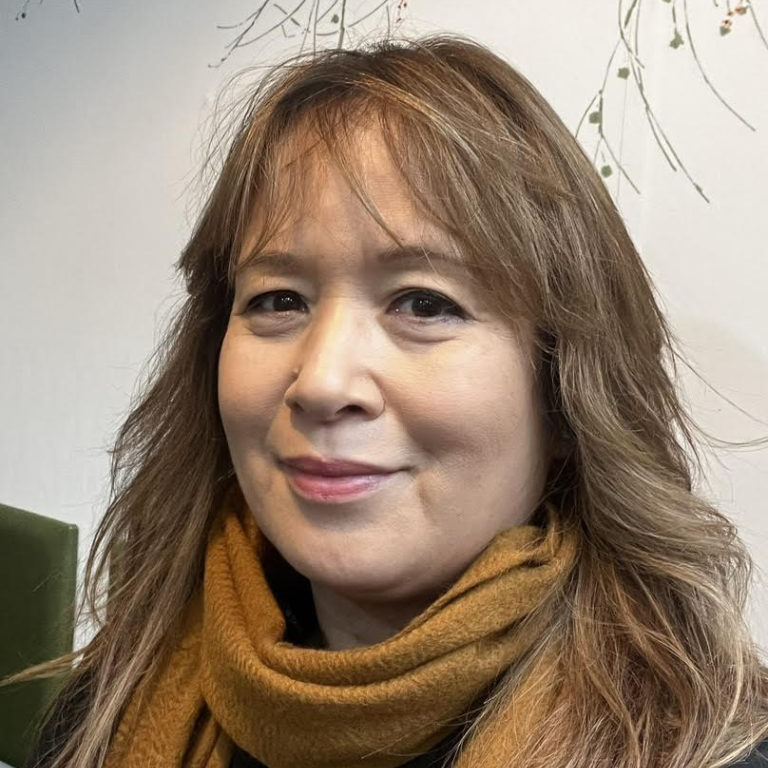
Yasmin Tan
Yasmin is carer of her ex-husband who is living with behavioural variant frontotemporal dementia. Her journey began unexpectedly yet profoundly, as she became the primary caregiver when he was age 54, during the covid pandemic.
What began as a one-night act of support evolved into an enduring and challenging role during covid lockdown when she realised he was unable to care for himself. Over the 3 years it took to find the help needed, Yasmin encountered a widespread lack of awareness, available support or understanding regarding FTD in Australia.
As a certified coach with an interest in neuroscience, Yasmin has experience coaching in the field of high performance teams with a global consulting firm. She has certifications in MBTI, eDisc, and is a Master Practitioner in NLP. She specialises in navigating the human side of organisational change as a change manager in the corporate sector.
Yasmin is passionate about improving the experience of carers by raising awareness amongst carers and medical professionals to increase support, research and education on the nuances and complexities of FTD.
